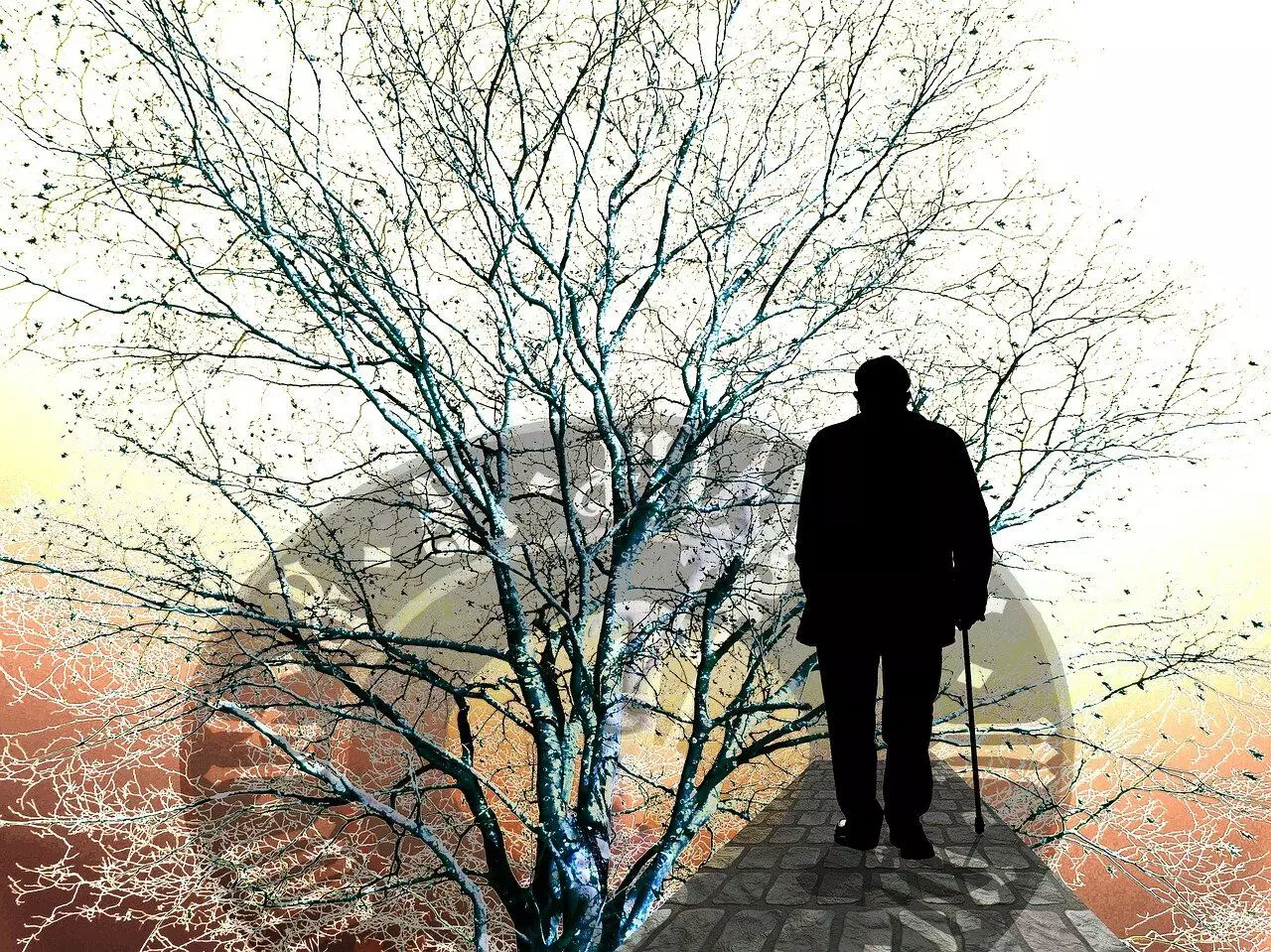Fortifying cognitive resilience
Alzheimer’s disease, which is one of the most common types of dementia, cannot be cured, but can be slowed down using a range cognitive and non-cognitive strategies

What is Alzheimer’s?
Alzheimer’s disease is the most common cause of dementia, in which progressive neurodegeneration occurs, primarily affecting memory, cognitive function, and behaviour.
Are Alzheimer’s and dementia the same?
No, Alzheimer’s disease and dementia are not the same, although they are related concepts.
* Dementia is a broad term describing cognitive impairments and symptoms. It is an umbrella term that refers to a set of symptoms related to cognitive decline and impairment in memory, thinking, and other cognitive functions. It is not a disease, but a term for the description of a set of symptoms. Dementia can be caused by various underlying conditions or diseases.
* Alzheimer’s disease is a specific and common type of dementia, which accounts for a significant portion of dementia cases. There is an accumulation of beta-amyloid plaques and tau tangles in the brain.
Other common forms of dementia are:
* Vascular dementia
* Frontotemporal dementia (FTD)
* Lewy body dementia (LBD)
* Creutzfeldt Jackob (CJD)
* Parkinson’s related dementia
* Huntington’s dementia
* Mixed dementia
* Others
What are the top myths about Alzheimer’s?
Myth: Only old people get Alzheimer’s.
Fact: While it’s more common in older adults, Alzheimer’s can affect people in their 40s or 50s as well. It’s not just a disease of very old age.
Myth: Alzheimer’s only affects memory.
Fact: Alzheimer’s affects more than just memory. It can impact thinking, problem-solving, and even daily tasks like cooking or getting dressed.
Myth: Nothing can be done about Alzheimer’s.
Fact: While there’s no cure yet, early detection and certain treatments can help manage symptoms and improve the quality of life for people with Alzheimer’s.
What is MCI?
MCI (Mild Cognitive Impairment) is an intermediate stage between normal age-related cognitive decline and more severe cognitive impairment, such as Alzheimer’s disease.
There are noticeable cognitive changes, but they are not severe enough to interfere significantly with daily life activities.
Not everyone with MCI progresses to Alzheimer’s disease or another form of dementia. Some individuals with MCI may remain stable, while others may improve or worsen over time.
How is Alzheimer’s diagnosed?
Clinicians: A physician, neurologist, psychiatrist, or geriatric medicine specialist can make the diagnosis.
Process: History; blood tests to rule out other diagnoses; imaging (MRI to see neurodegeneration, fMRI to see functional scans, PET scans); along with neuropsychiatric battery assignments.
PrecivityAD test: In the USA, Alzheimer’s blood tests are now available as another tool has been devised that can provide highly accurate, direct evidence of amyloid build-up in the brain earlier and faster than before. The Aß42/40 ratio, combined with a person’s age and APOE genotype, determines an amyloid probability score.
The score is sorted into ranges indicating a low, intermediate, or high likelihood of Aß plaques consistent with an Alzheimer’s diagnosis.
Cure for Alzheimer’s?
Medication can help slow down the neurodegenerative loss but not reverse Alzheimer’s disease.
What can you do to prevent, slow down, and reduce the worsening?
Cognitive
Keep your brain active. Exercising your brain by reading books, doing puzzles, playing games, or learning something new can help.
Nutrition
A balanced diet rich in fruits, vegetables, whole grains, and omega-3 fatty acids can help reduce the risk of Alzheimer’s.
Sleep
Sleep is essential for a healthy brain. Make sure you get 7-9 hours of quality sleep each night.
Physical
Keeping your body active with aerobic exercises can reduce the risk.
Protect your head: Head injuries can increase the risk of Alzheimer’s. Wearing helmets during sports or activities where you might fall and hit your head, like on bikes, etc., can be protective.
Social
Interacting with friends and family, joining clubs, or volunteering can keep your brain active.
Famous people with Alzheimer’s disease: Ronal Regan, the former President of the USA.
September is recognised as World Alzheimer’s Month, with September 21 designated as World Alzheimer’s Day. The theme for World Alzheimer’s Day in 2023 is ‘Never too early, never too late’.
Send your questions to [email protected]



